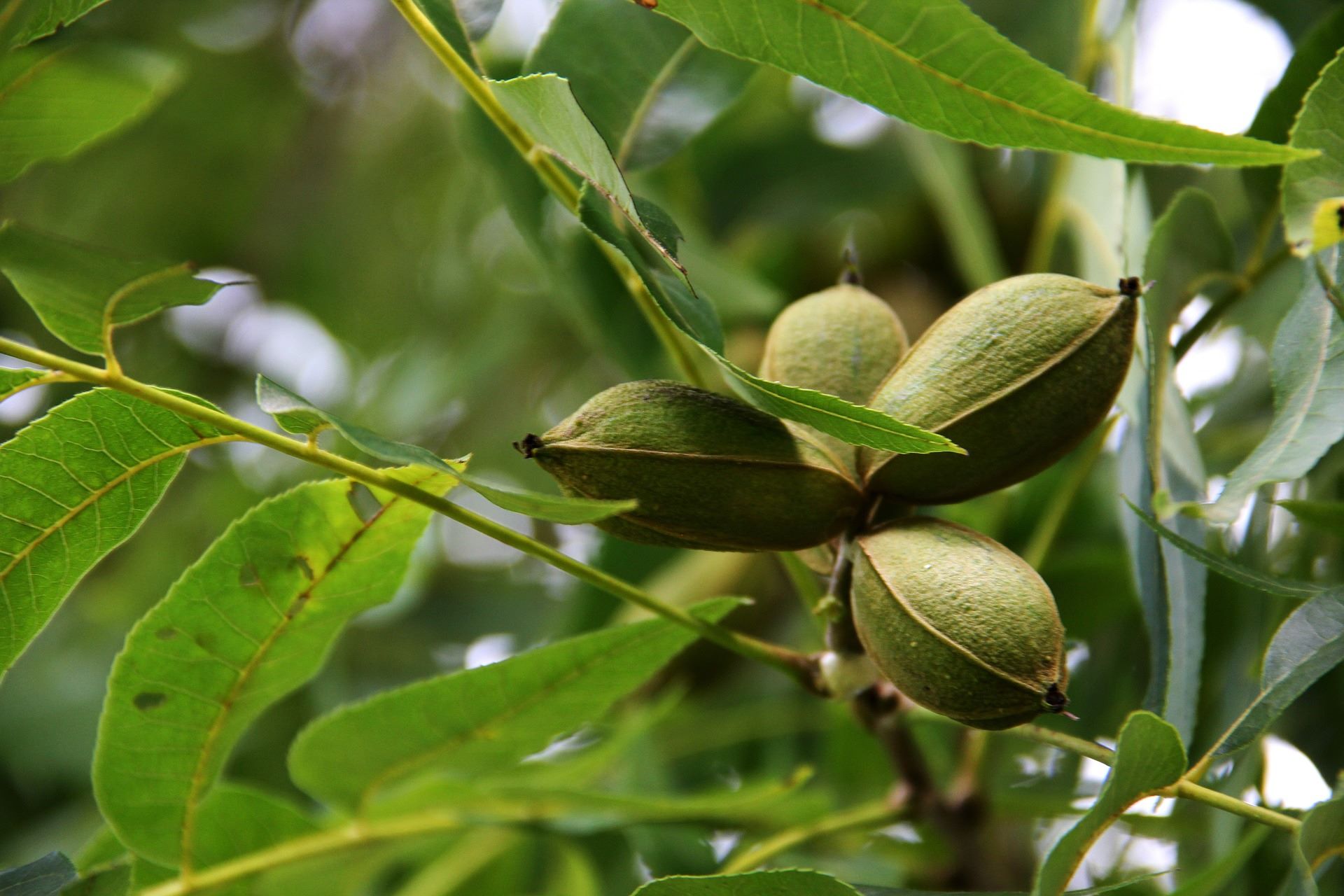
The pecan tree, scientifically known as Carya illinoinensis, is a popular tree species found mainly in North America. It is highly valued for its delicious and nutritious nuts, making it a favorite among both home gardeners and commercial growers. To ensure optimal growth and abundant nut production, proper fertilization is crucial. In this article, we will explore 18 fascinating facts about pecan tree fertilizer, shedding light on its importance and the best practices for its application. Whether you are a novice gardener or an experienced pecan cultivator, understanding these facts will help you make informed decisions and maximize the health and productivity of your pecan trees. From the right nutrient balance to the ideal timing of fertilizer application, let’s dive into the world of pecan tree fertilization and discover the secrets to thriving pecan orchards.
Key Takeaways:
- Pecan tree fertilizer is essential for healthy growth and nut production. Apply balanced fertilizer in early spring, avoid over-fertilizing, and monitor tree health for optimal results.
- Understanding pecan tree fertilizer facts is crucial for successful cultivation. Follow guidelines, adjust applications as needed, and consult local experts for tailored advice.
Pecan Tree Fertilizer:
Pecan tree fertilizer is an essential nutrient source for healthy pecan trees.
Pecan Tree Fertilizer:
Applying fertilizer to pecan trees helps promote vigorous growth and increase nut production.
Pecan Tree Fertilizer:
The ideal time to fertilize pecan trees is in early spring, before the trees start to bud.
Pecan Tree Fertilizer:
A balanced fertilizer with a nitrogen-phosphorus-potassium (NPK) ratio of 10-10-10 is recommended for pecan trees.
Pecan Tree Fertilizer:
The amount of fertilizer to be applied depends on the size and age of the pecan tree.
Pecan Tree Fertilizer:
Young pecan trees require a smaller amount of fertilizer compared to mature trees.
Pecan Tree Fertilizer:
Too much fertilizer can lead to excessive vegetative growth and reduce nut production.
Pecan Tree Fertilizer:
Fertilizer should be evenly spread around the drip line of the tree, avoiding direct contact with the trunk.
Pecan Tree Fertilizer:
Pecan trees benefit from a yearly application of slow-release fertilizer to ensure continuous nutrient supply.
Pecan Tree Fertilizer:
The nutrient requirements of pecan trees may vary based on the soil composition and overall tree health.
Pecan Tree Fertilizer:
Regular soil testing can help determine the specific nutrient deficiencies in pecan tree fertilizer formulations.
Pecan Tree Fertilizer:
Avoid fertilizing pecan trees during periods of drought or excessive rainfall.
Pecan Tree Fertilizer:
Organic fertilizers, such as compost or well-rotted manure, can be used to improve soil fertility around pecan trees.
Pecan Tree Fertilizer:
It is important to follow the manufacturer’s instructions and recommended application rates for pecan tree fertilizers.
Pecan Tree Fertilizer:
Proper timing and application of fertilizer can help mitigate nutrient deficiencies and improve overall tree health.
Pecan Tree Fertilizer:
Fertilizing pecan trees should be done in conjunction with other cultural practices, such as pruning and pest control.
Pecan Tree Fertilizer:
Over-fertilizing can lead to environmental pollution and harm nearby water sources.
Pecan Tree Fertilizer:
Regular monitoring of pecan tree foliage and growth can indicate the need for adjusting fertilizer applications.
In conclusion, proper fertilization is crucial for maintaining the health and productivity of pecan trees. By following recommended guidelines and understanding the specific nutrient requirements of these trees, farmers and gardeners can ensure the optimal growth and abundant harvest of pecans. Remember to consult with local agricultural experts or extension offices for tailored advice based on specific regional conditions. Understanding the 18 facts about pecan tree fertilizer is the first step towards successful pecan tree cultivation.
Conclusion
Pecan tree fertilizer is an essential element in the proper growth and development of these trees. By providing the necessary nutrients, it not only encourages healthy foliage but also boosts the production of pecans. Whether you are a professional pecan grower or an enthusiast with a few trees in your backyard, understanding the facts about pecan tree fertilizer is crucial for maximizing their potential.
From the correct timing and frequency of application to the ideal nutrient balance, these 18 facts about pecan tree fertilizer provide valuable insights into optimizing the health and productivity of your pecan trees. By following the proper fertilizer practices, you can enjoy an abundant pecan harvest and ensure the long-term success of your pecan grove.
FAQs
1. How often should I fertilize my pecan trees?
Pecan trees should be fertilized annually, preferably in late winter or early spring before their active growing season begins.
2. What is the ideal nutrient balance for pecan tree fertilizer?
A balanced pecan tree fertilizer should have an N-P-K ratio of 10-10-10 or 12-6-6, providing equal or slightly higher amounts of nitrogen (N) compared to potassium (K) and phosphorus (P).
3. Can I use organic fertilizers for pecan trees?
Yes, organic fertilizers such as compost, well-rotted manure, or bone meal can be beneficial for pecan trees. They improve soil structure and increase nutrient retention.
4. When should I begin fertilizing newly planted pecan trees?
It is recommended to wait for the second growing season before fertilizing newly planted pecan trees to allow them to establish their root systems.
5. Can over-fertilizing harm my pecan trees?
Yes, excessive fertilizer application can result in tree stress, nutrient imbalances, and increased susceptibility to diseases. Follow the recommended dosage and application guidelines to avoid over-fertilization.
Was this page helpful?
Our commitment to delivering trustworthy and engaging content is at the heart of what we do. Each fact on our site is contributed by real users like you, bringing a wealth of diverse insights and information. To ensure the highest standards of accuracy and reliability, our dedicated editors meticulously review each submission. This process guarantees that the facts we share are not only fascinating but also credible. Trust in our commitment to quality and authenticity as you explore and learn with us.
